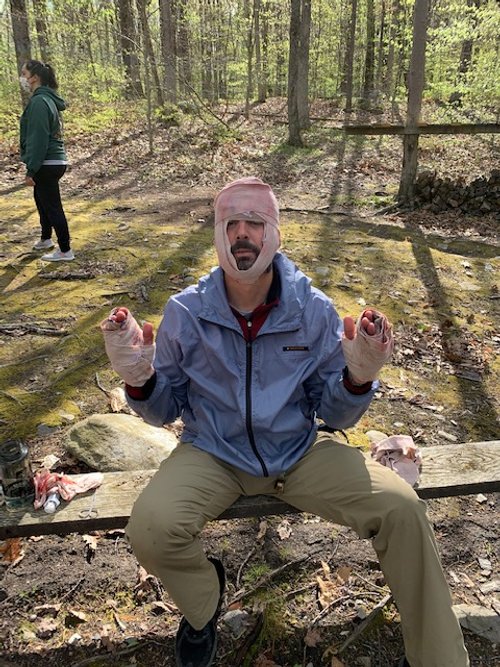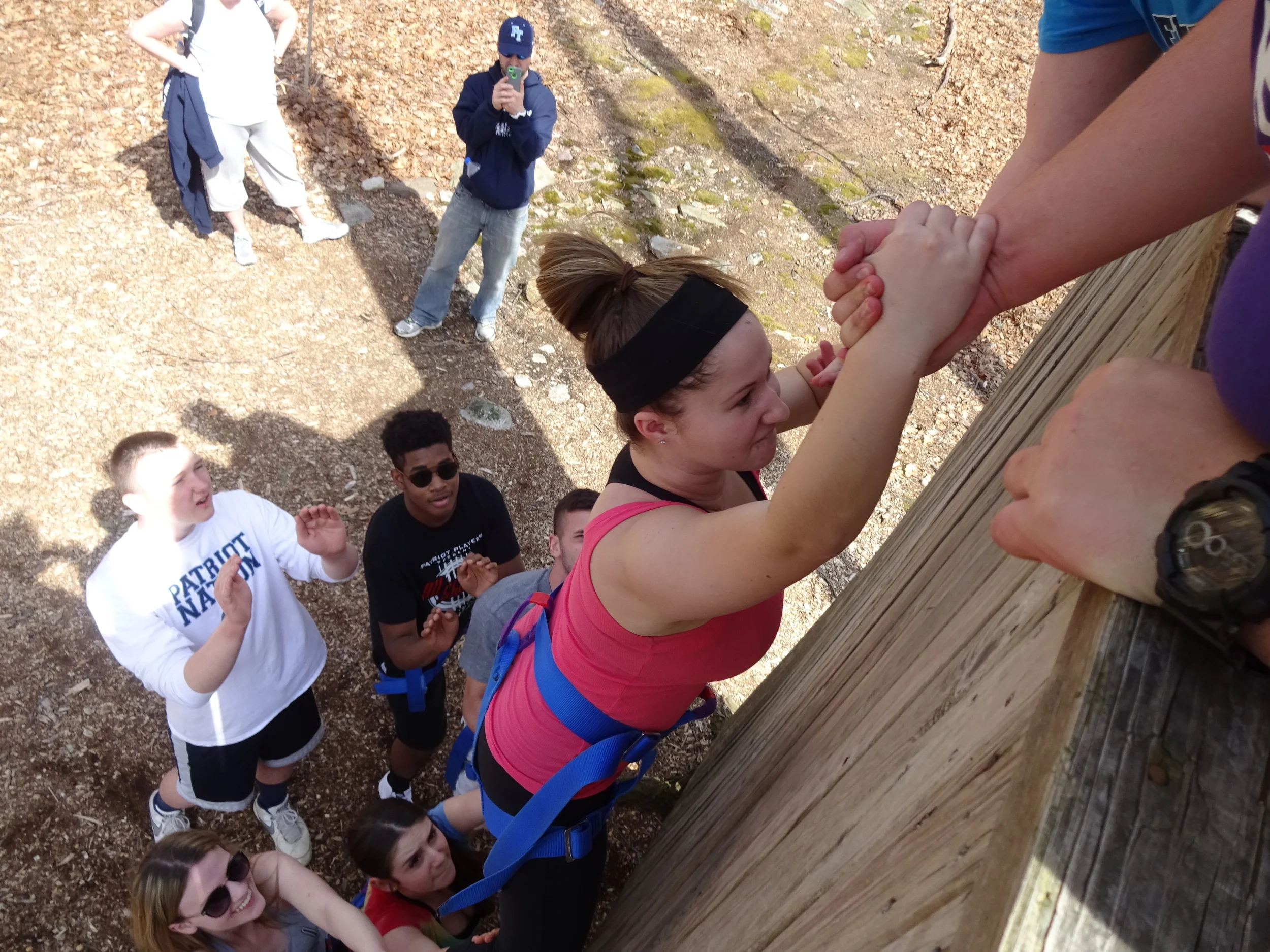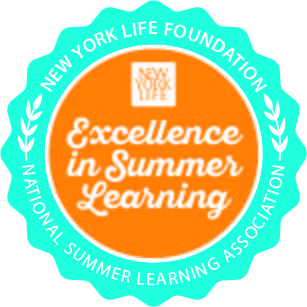ACEs and the Importance of Developing a Growth Mindset
/During Princeton University Reunions last month, Princeton-Blairstown Center co-sponsored a panel with a number of other like-minded organizations affiliated with the University. This year's panel focused on the effects of toxic stress on the lives of children. For far too many of the young people that the Center serves, research shows that toxic stress coupled with environmental factors can have a significant impact on the educational attainment, physical and mental health, and socio-economic well-being of their current and future lives.
Adverse childhood experiences (ACEs) include traumatic events and experiences like the divorce, loss, or incarceration of a parent; physical or emotional abuse or neglect; living with an adult who has an addiction or mental illness; being a victim of violence or witnessing violence in your household or neighborhood; and regularly experiencing economic hardship.
According to Child Trends, nearly 50% of young people in the US have experienced one or more ACEs and 10% have experienced three or more ACEs, putting them at high risk. Nationally, 61% of African American children and 51% of Hispanic children have experienced one or more ACEs as compared with 40% of white non-Hispanic children.
Despite these alarming statistics, research also tells us that many of these young people are incredibly resilient and can overcome the odds. Carol Dweck's research shows that a growth mindset -- a mindset that perceives a challenge as an opportunity to learn, rather than a setback to overcome -- results in persistence and resiliency.
The Center’s programs have been intentionally crafted to help young people develop a growth mindset through a focus on problem-solving challenges, while also developing social connectedness through team building. We also help young people develop confidence, self-esteem, and self-regulation skills (social-emotional skills), all of which Dweck's research found crucial to developing a growth mindset.
This summer, we will welcome 550-600 young people from Newark, Trenton, and Camden to our Blairstown Campus for our Summer Bridge and Leader-in-Training Programs where, in addition to participating in engaging, hands-on academic programming, they will develop the skills associated with resiliency so that they can overcome the ACEs they may have experienced. Their time at Blairstown can be transformative.























